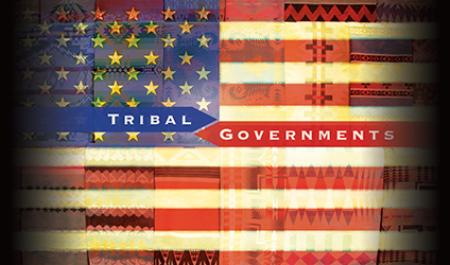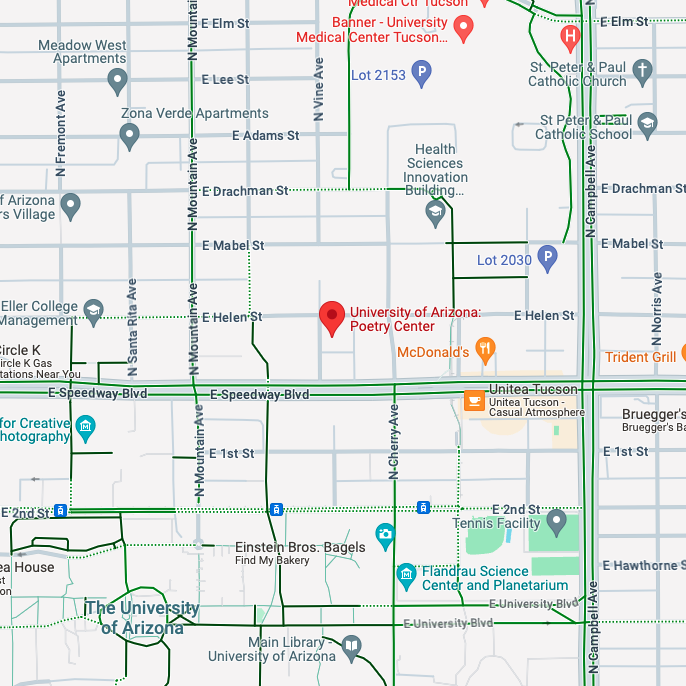The role of tribal governments within the United States is not well understood, largely because most schools do not teach it. This course is designed to fill that gap. Each class will explore a different aspect of how tribal governments fit within the federal system. The first session looks at how historic and modern structures of tribal governments relate to the U.S. government. The next class focuses on issues of cultural property and sacred sites. The third meeting dispels the myth that tribal economic development consists primarily of casinos and examines the research and work of the Harvard Project on American Indian Economic Development and the University of Arizona’s Native Nations Institute. The final class pulls together other issues (such as the environment and resource extraction) and examine how tribal governments are approaching them.
Lead instructor Professor Melissa Tatum will be joined by two other instructors, Jide James-Eluyode and Stephanie Carroll Rainie.
Jide James-Eluyode is a staff attorney in the Indigenous Peoples Law & Policy Program and postgraduate fellow. Jide holds his SJD (Doctor of Juridical Science) from the University of Arizona James E. Rogers College of Law. His particular academic specialty is the intersection of international trade and indigenous people, particularly in the context of human rights.
Stephanie Carroll Rainie is Manager of the Tribal Health Program and Senior Researcher at the Native Nations Institute (NNI), Udall Center for Studies in Public Policy, The University of Arizona. Stephanie’s research program, ongoing for over a decade, explores the links between governance, health care, Indigenous social determinants of health, and community wellness. Her research comes in many forms, from case studies of successful strategies to translation of large datasets into common language. Stephanie is a doctoral candidate at the University of Arizona’s Mel and Enid Zuckerman College of Public Health.






